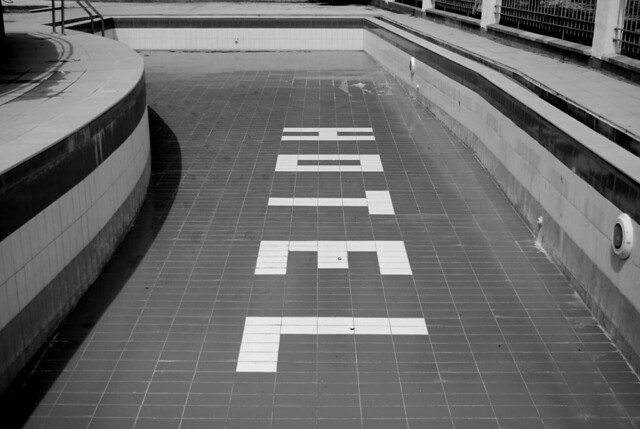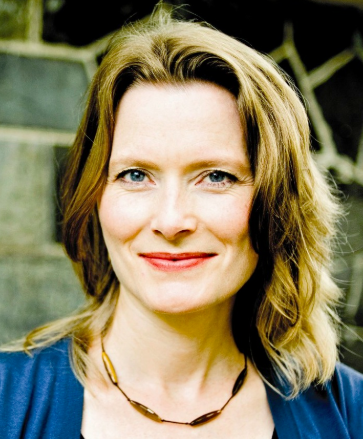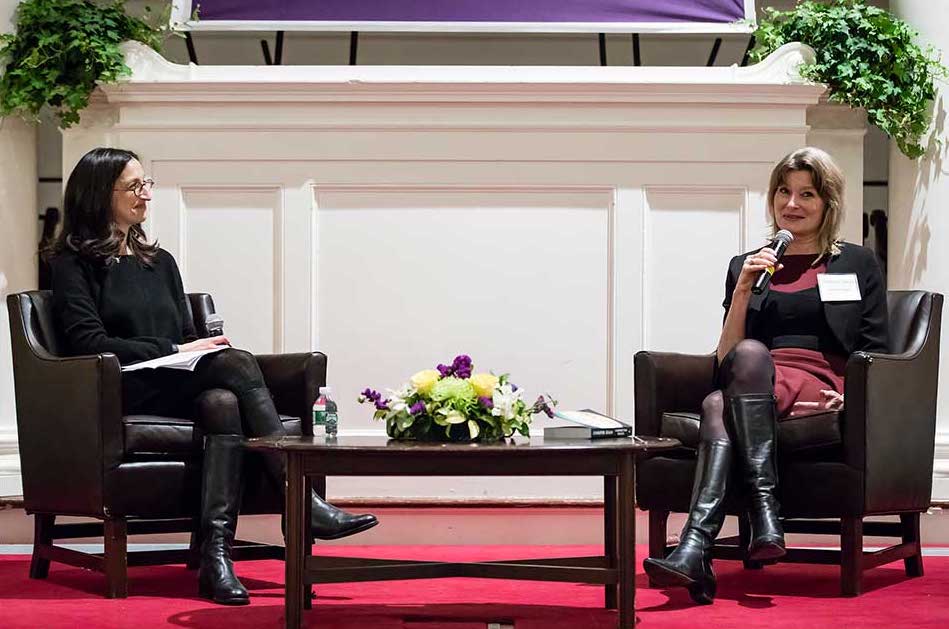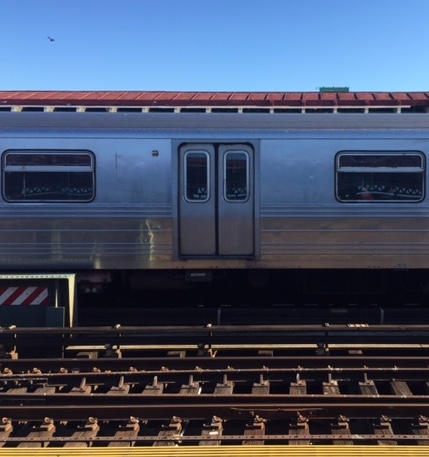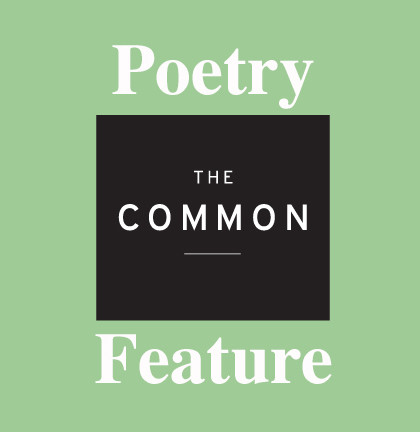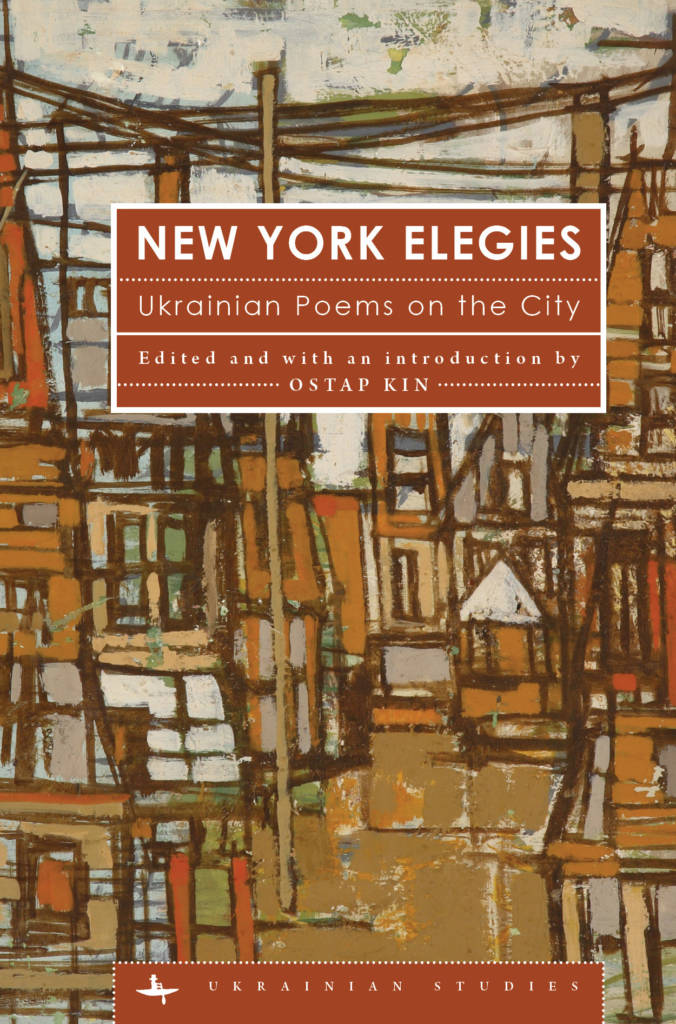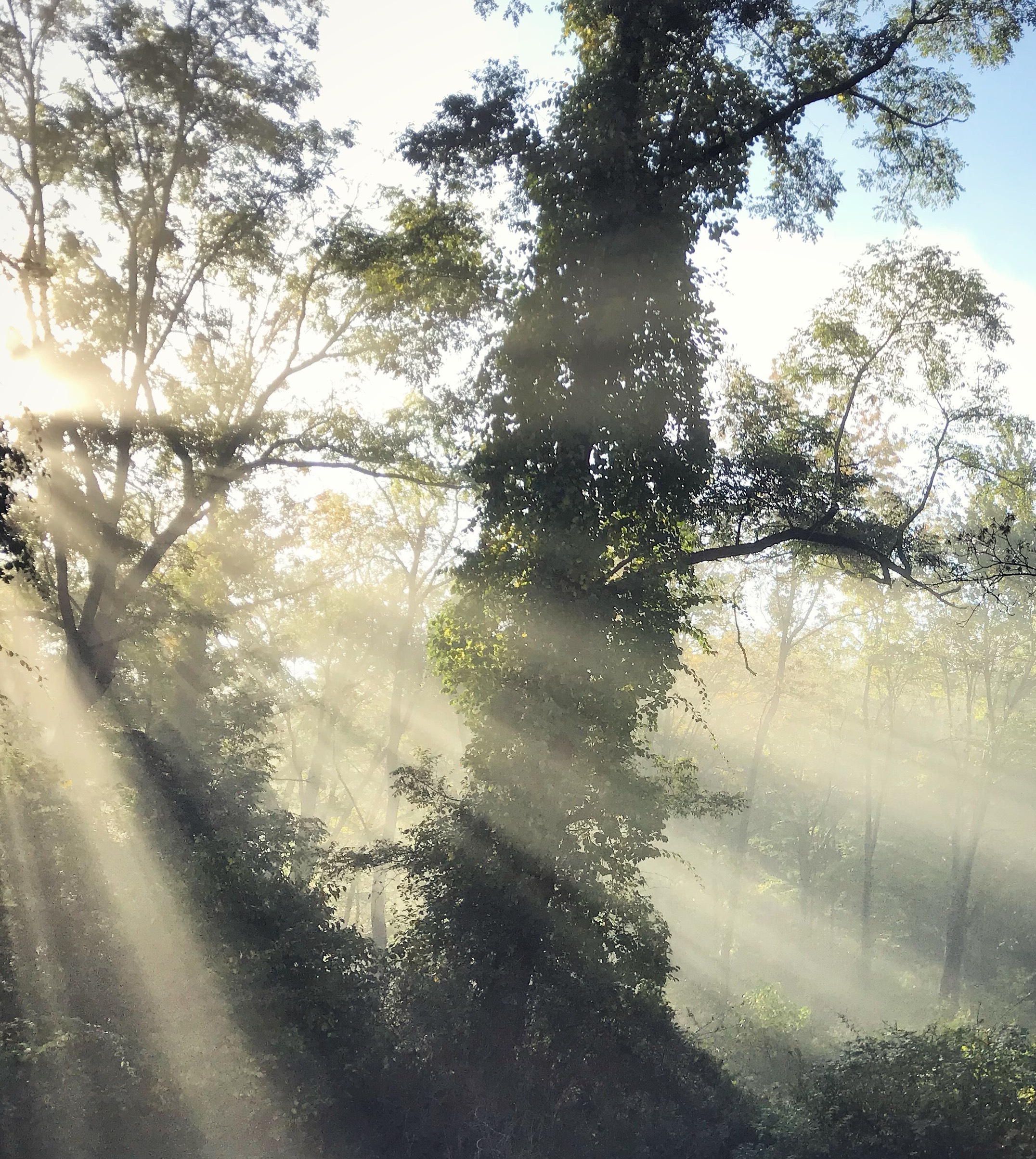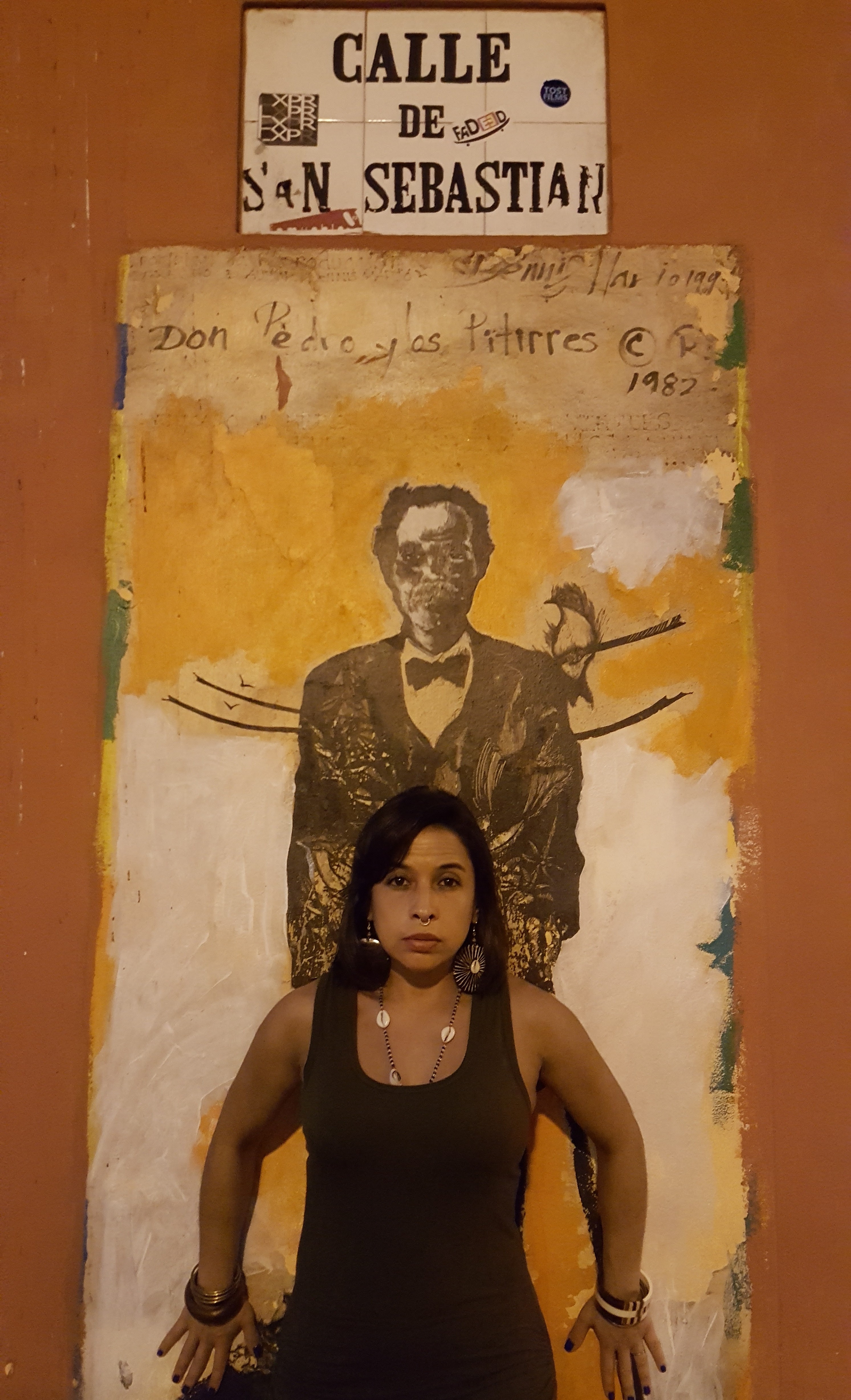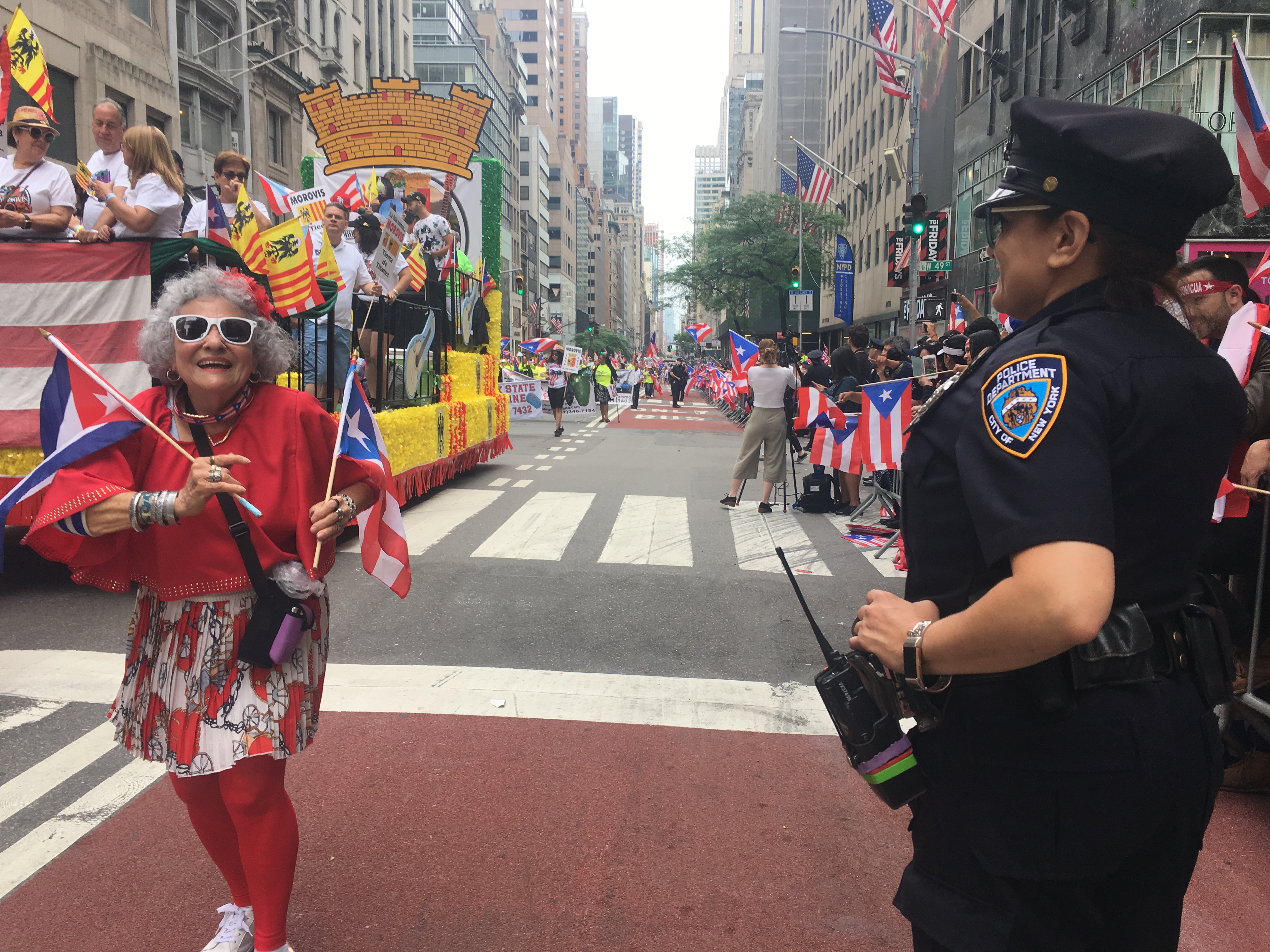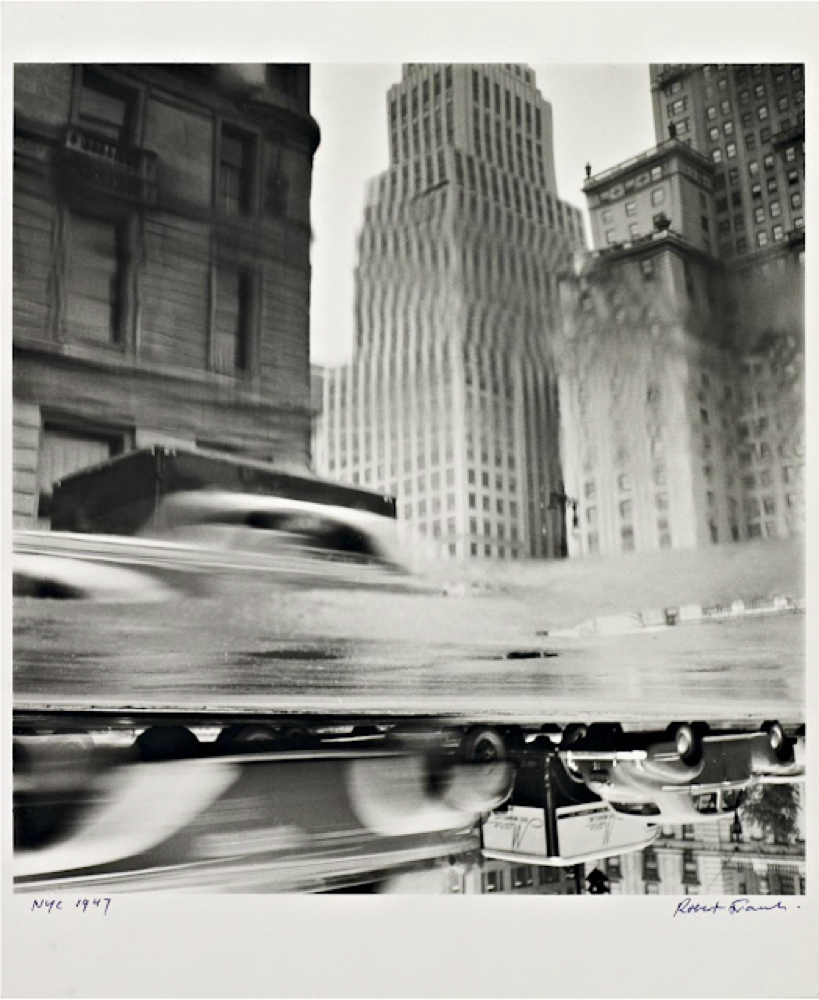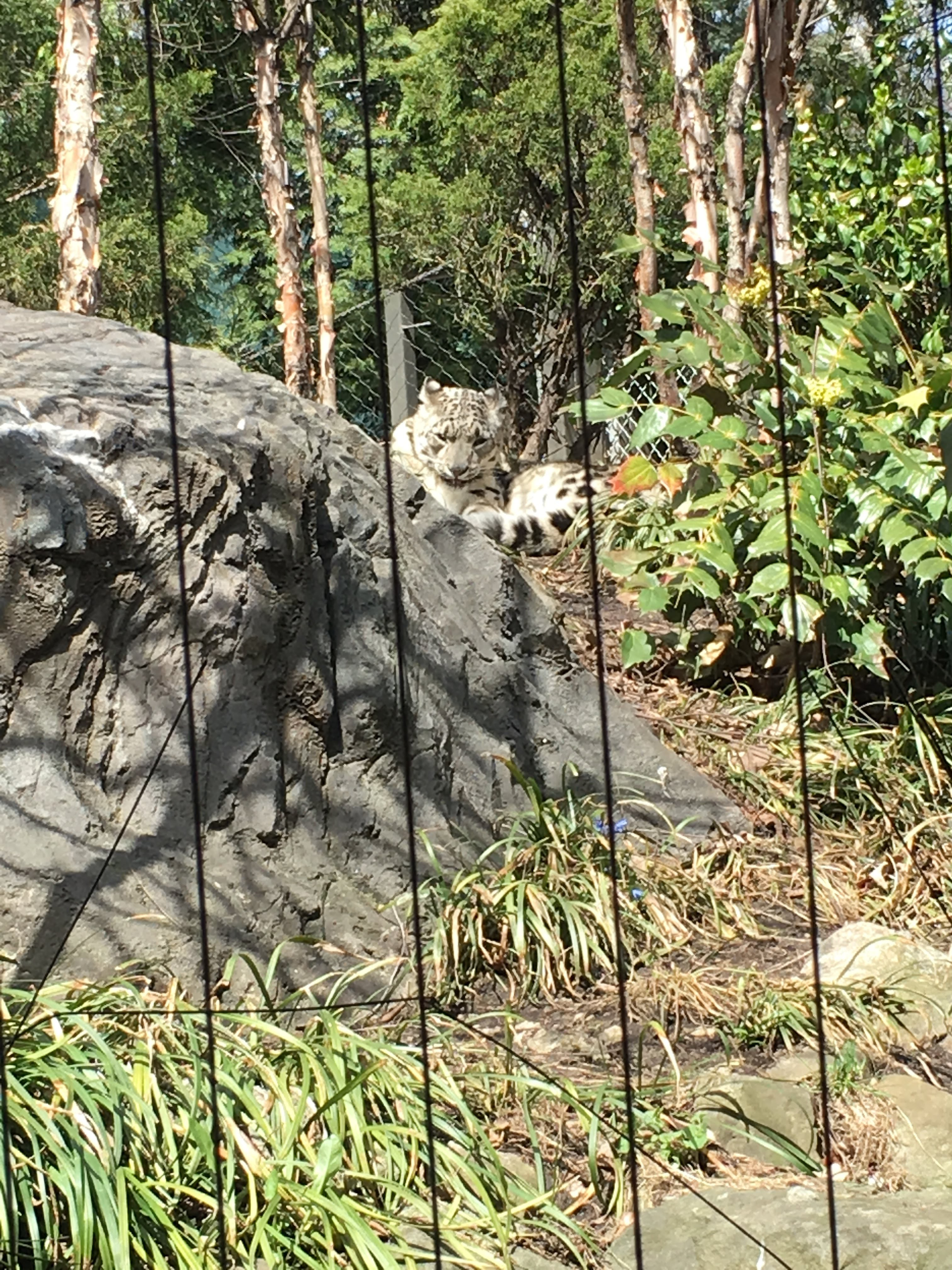The swimming pool is empty—another one is full but cracked and there are leaves floating in it. I’m sitting with my grandfather. He’s blind and our point of contact is a limit bolts of recognition pass through.
He saw me once in a pool under the water so he sees this in his mind often when he’s near me. He tells me about swimming across a river. Where is this river? I see branches with blue-black berries on them sinking into the water, each berry so loaded with his memory and my imagination they burst with their own reality.
